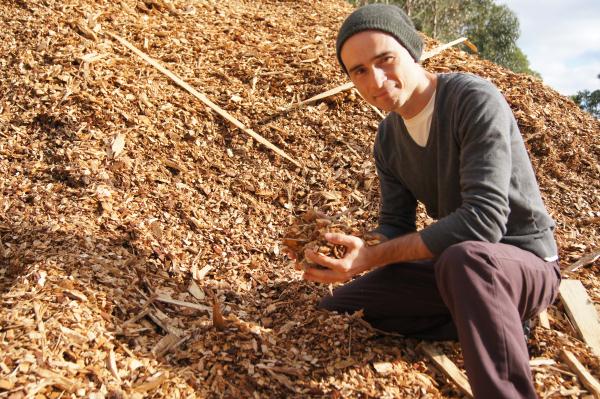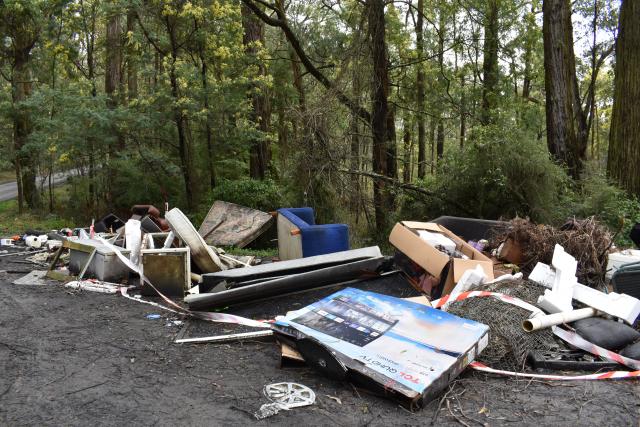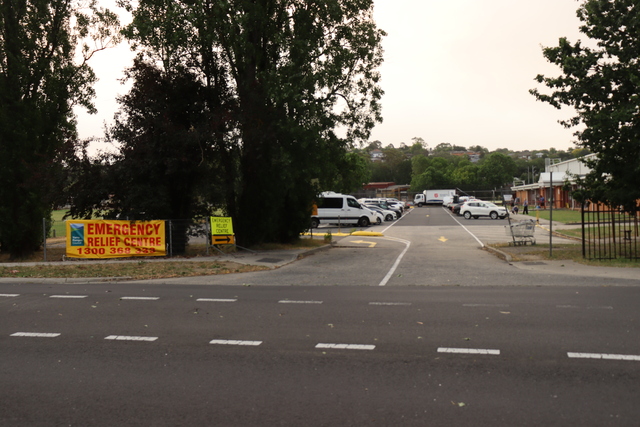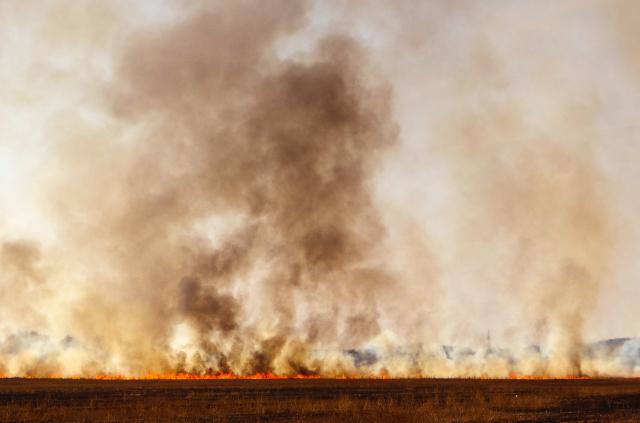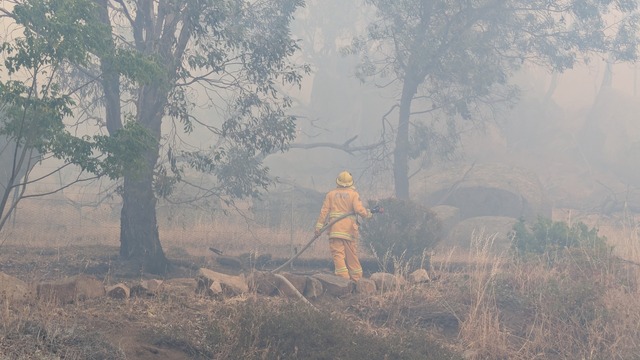By MARA PATTISON-SOWDEN
A WARBURTON innovator has developed a mobile technology to turn woody biomass and logging waste from sustainably managed timber plantations into large quantities of clean and renewable biocoal as a fossil coal replacement.
His company BioCoal is one of the first in Victoria to receive a $25,000 helping hand from the Victorian Government’s $5 million Innovation Voucher Program, but is looking for a company to partner with him in a feasibility study that could cost $500,000 to trial.
Alex Stefan has worked in the forestry industry and was a lecturer at Swinburne University in entrepreneurship, and said his primary interest was in biomass and clean energy.
“I had a knowledge of torrefaction, but there are problems with existing technologies to be mobile and produce on a large scale so I decided to develop my own,” he said.
“On paper I and engineers I’ve spoken to believe it has legs, but the feasibility study is an independent evaluation that the concept is able to work.”
He said torrefaction was a way to turn woodchips into clean coal, so when it’s burned it doesn’t give off toxic gases and is also a renewable resource. BioCoal are the processed wood pellets that have twice the energy density of wood sawdust pellets.
“The idea with a mobile technology is that when you cut a tree and woodchip it in the forest 50 per cent of wood chips is water, so by torrefying it in the forest it removes the water and the transport costs are reduced by half,” he said.
“Biocoal can be treated in exactly the same way as coal, whereas with regular wood pellets they do go mouldy and have to be treated in a special way.
“Europe is trying to move towards biocoal but there’s not a lot available at the moment.”
Mr Stefan said reducing the costs allows it to compete with fossil coal on price in Europe.
“I’m still trying to find investors in the forestry industry that would benefit from this,” he said.
He said there was a lot of waste in the chipping industry, “millions of tonnes of good product that can be used for other purposes, just being burnt”.
“I’m talking about sustainable plantations not just wild forests, our technology could cut that waste to zero,” he said.
Mr Stefan said he would be focussing on export markets like Europe and Asia, and even the UK has shown interest, as the Victorian government doesn’t currently allow the use of any biomass from native forests to be used for power generation.

